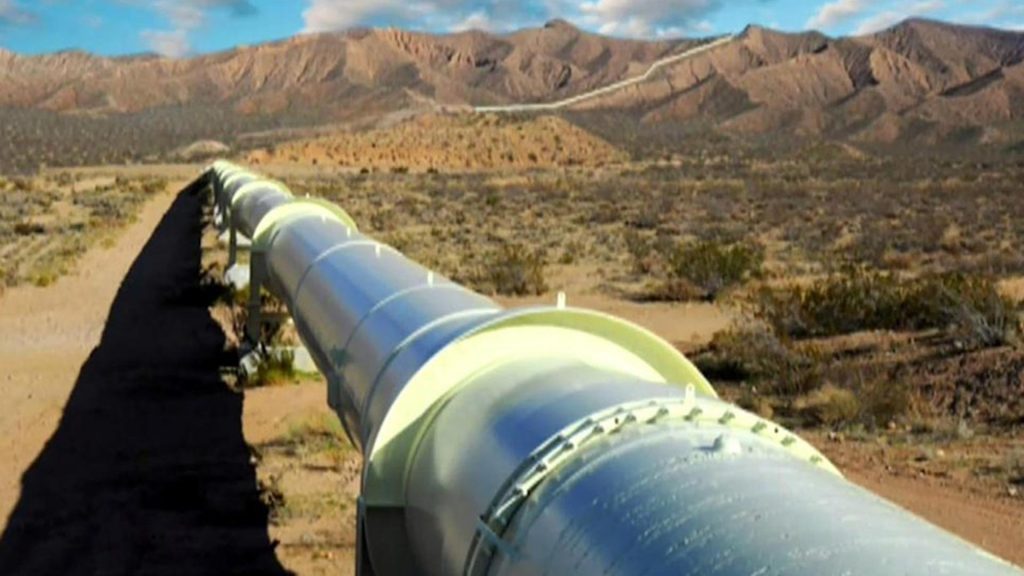
The federal government said Friday it will not put more money toward the Trans Mountain pipeline expansion in spite of a newly disclosed price tag for the project that comes in 70 per cent higher than expected.
Deputy Prime Minister Chrystia Freeland said Friday that Trans Mountain Corp. – the Crown corporation that owns the massive oil pipeline – will need to secure third-party funding to complete the project, either through banks or public debt markets.
“I want to assure Canadians there will be no additional public funding for TMC,” Freeland told reporters in Ottawa, adding the government has engaged BMO Capital Markets and TD Securities to provide financial advice on the project and has been assured by both parties that the project remains commercially viable.
Freeland’s comments came shortly after TMC announced the projected cost of the pipeline expansion has soared from its earlier estimate of $12.6 billion to $21.4 billion.
The company blamed the cost increases on the COVID-19 pandemic and the effects of the November 2021 flooding in British Columbia, as well as project enhancements, route changes to avoid culturally and environmentally sensitive areas, and scheduling pressures related to permitting processes and construction challenges in difficult terrain.
Company pushed back
The company has also pushed back the projected completion date of the project to the third quarter of 2023. The pipeline expansion was originally expected to be complete sometime this year.
The existing Trans Mountain pipeline carries 300,000 barrels of oil per day, and is Canada’s only pipeline system transporting oil from Alberta to the West Coast.
It was bought by the federal government for $4.5 billion in 2018, after previous owner Kinder Morgan Canada Inc. threatened to scrap the pipeline’s planned expansion project in the face of environmentalist opposition.
The expansion project will essentially twin the existing pipeline, raising daily output to 890,000 barrels.
On Friday, Freeland said the federal government still believes the Trans Mountain expansion is a “serious and necessary project.’
“This project is in the national interest and will make Canada and the Canadian economy more sovereign and more resilient,” she said.
Long-term owner
The federal government has said all along that it does not intend to be the long-term owner of the project, a position restated by Freeland Friday. She said the government will launch a divestment process later this year.
A number of Indigenous-led organizations have already come forward saying they will seek an equity stake in the project.
Also on Friday, Trans Mountain Corp. announced the retirement of president and CEO Ian Anderson, effective April 1.
“Ian led a project that continues to progress while setting new standards for major pipeline project execution, including unprecedented levels of involvement from Indigenous Peoples and communities,” board chair William Downe said in a news release.
“On behalf of the board, we wish Ian only good things as he leaves us.”










